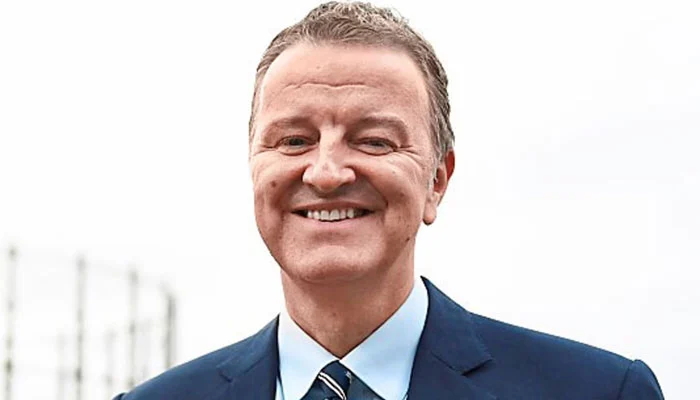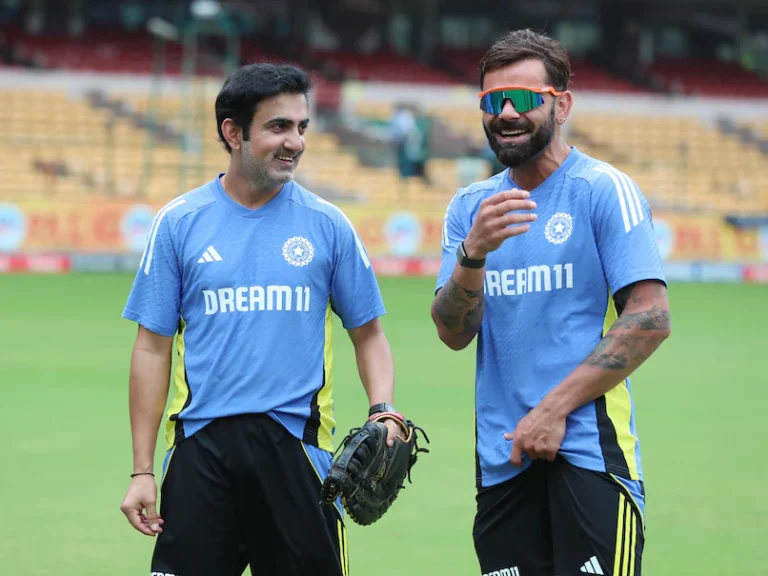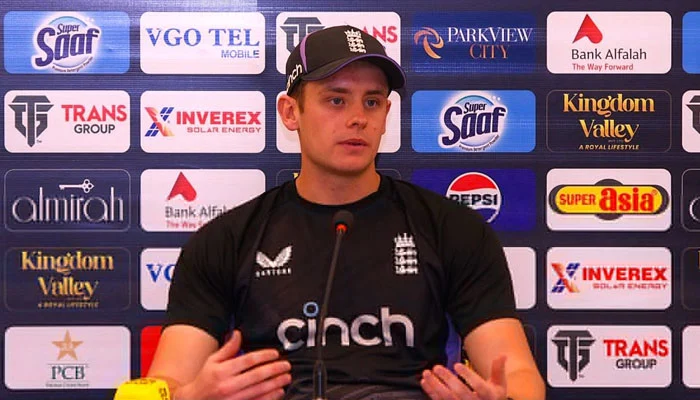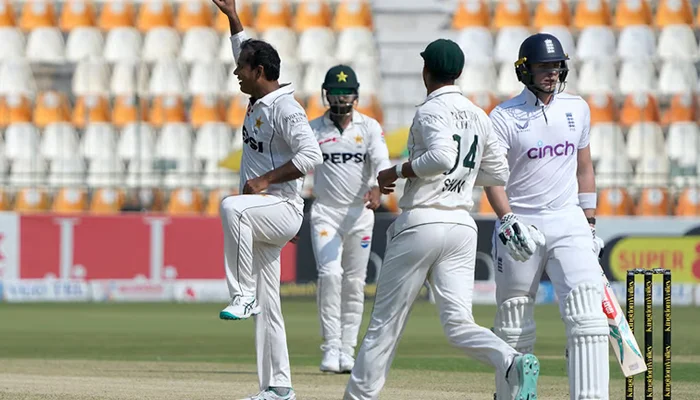
In light of ongoing uncertainties surrounding India’s participation in the upcoming ICC Champions Trophy scheduled to be held in Pakistan, Richard Thompson, Chairman of the England and Wales Cricket Board (ECB), has addressed the potential scenarios that may arise. Speaking to British journalists in Multan, alongside CEO Richard Gould, Thompson highlighted the possibility of exploring alternative options, including the increasingly likely hybrid model for the tournament.
Hybrid Model on the Table
Thompson stated that the ECB is actively considering various options if India does not travel to Pakistan for the Champions Trophy. He emphasized that the tournament would not hold the same value without India’s participation. “The prospects for a hybrid model are increasing if India does not come to Pakistan,” Thompson remarked, underlining the importance of having all major cricketing nations involved to maintain the tournament’s integrity and appeal.
The hybrid model, which involves hosting matches in multiple locations, could provide a viable solution to the logistical challenges posed by India’s potential absence. This option will be discussed in upcoming ICC meetings, where stakeholders will gather to weigh the possibilities and determine the best course of action for the tournament.
Implications of India’s Absence
Richard Thompson made it clear that India’s absence from the Champions Trophy would not be in the best interest of cricket as a whole. The significance of India in the global cricket landscape cannot be overstated, and their non-participation could have detrimental effects on viewership, fan engagement, and overall revenue.
Jay Shah, the new head of the ICC, is expected to play a crucial role in navigating this situation. The involvement of influential figures like Shah may help facilitate discussions between the two nations and find a resolution that allows for the successful execution of the tournament.
Broadcasting Rights Concerns
Echoing Thompson’s sentiments, ECB CEO Richard Gould highlighted the potential negative impact on broadcasting rights if both Pakistan and India do not participate in the tournament. “It is essential to protect those rights,” Gould stated, emphasizing the economic implications for the sport. The broadcasting revenue generated from high-stakes matches, particularly those featuring India, plays a vital role in the financial health of cricket boards around the world.
Timeframe for Decision-Making
Despite the pressing nature of these discussions, Gould reassured stakeholders that there is still time before the Champions Trophy to reach a consensus. “Decisions take time to be made,” he said, suggesting that all parties are committed to finding an amicable solution.
Hope for Resolution
Richard Thompson also expressed optimism regarding the situation between India and Pakistan, indicating that the matter is primarily between the two nations. He stated, “I hope they will find a way to resolve it,” emphasizing the importance of cricket diplomacy. The successful hosting of the ICC Champions Trophy in Pakistan would be a significant achievement for the country and a testament to its capacity to stage major international events.
Conclusion
As the ICC Champions Trophy approaches, the discussions led by Richard Thompson and Richard Gould represent a proactive approach to addressing potential challenges. The ECB’s consideration of alternative options, particularly the hybrid model, reflects the complexities involved in international cricket today. With significant stakeholders like Jay Shah involved, there is hope that a resolution will be found that ensures the tournament remains a landmark event in the cricketing calendar. The cricketing world will be watching closely as the situation develops, hoping for a successful and inclusive Champions Trophy in Pakistan.






